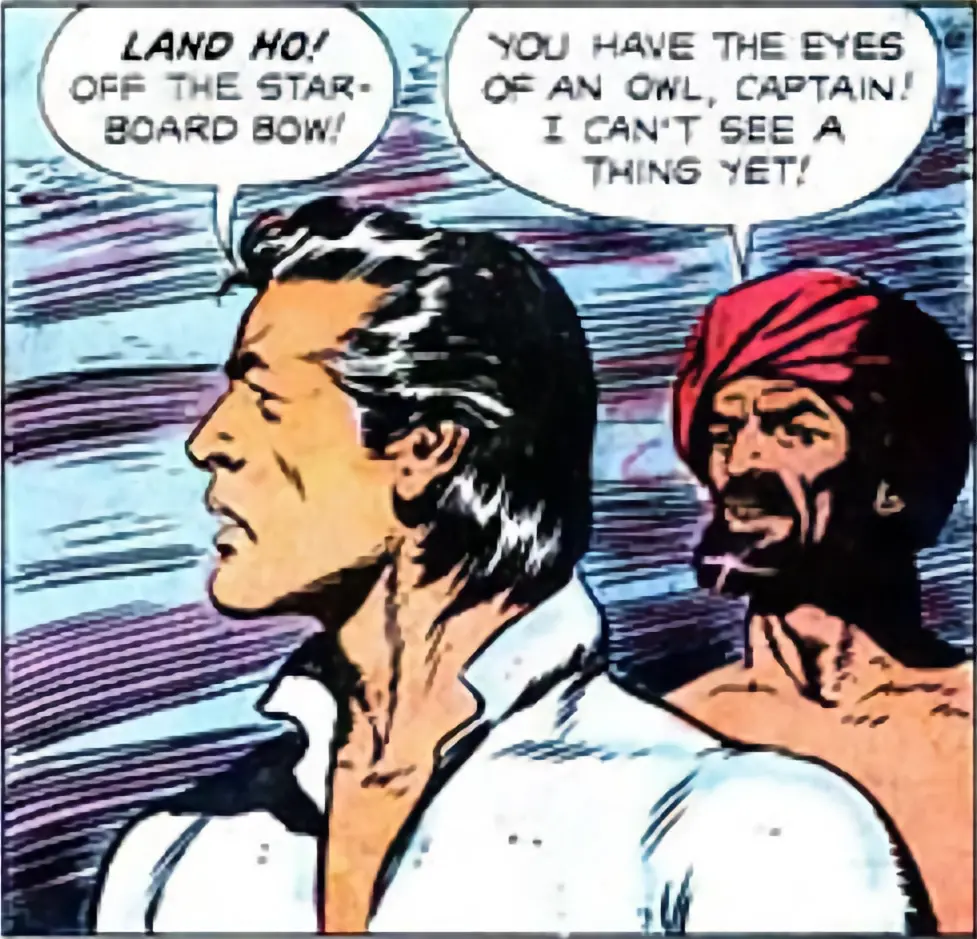How do curious leaders make teams think?
- Joe Pairman

- Jan 1, 2024
- 3 min read
Updated: Mar 8, 2025

Open, curious listening is a manager’s secret power. Secret, because most haven’t figured it out. I first learned it by example.
A curious boss was the one who made me think the most. Among her teams, the user education group helped millions of customers use their new phones. We’d finished a project to change in-box manuals to online tips & tutorials in structured content. That same year, we’d also built an app with personalized hints and video guides.
So we’d finished all that in about a year. And we felt pretty happy with what we’d done. We were saving lots of money on translation, producing more and better content, and delivering to three digital channels. Time to enjoy a bit of business as usual?
Not for our boss. She got us together and asked “What’s next?” We thought we were shaping the content to users’ goals but were we really? Where was the data? Could the Marketing Insights team help us understand our users more? Could we do more with user-generated content, or on social media? What were consumers saying about us, and could we use that to improve not only our content, but the communications of the company overall?
Our boss had a strong drive to succeed and be recognised. But ambition wasn’t all of it. She was constantly curious, going to conferences, talking to leaders from many organizations, always following what was new. And also what was old and good. As well as tech, she knew her art and history.
She had mentioned being a volunteer at the National Palace Museum in Taipei. I understood that she was helping to guide visitors around (lucky visitors).
But through that connection she later brought HTC’s pioneering virtual reality technology to the museum, so visitors could dive into the cultural and historical context of the works of art.

Back at work, she’d bring ideas to us and encourage us to explore more. She’d ask a question, and ask it again two weeks later, to see what we’d discovered. After that “what’s next” moment, we did many further fun things, driving agency research projects to improve the content, helping other groups in the company get their knowledge organized, and helping many customers use their phones more.

(Later I had mixed feelings about smartphones, but then it was a couple of years before phone addiction became widespread. I myself was one of the first phone addicts I guess — some achievement on Windows Mobile with a stylus.)
She told us that early on, when she started the User Education team at HTC, she had the choice of where that team would sit. Would it be in Customer Service, or Engineering? She chose Global Marketing, because it sounded as if we’d be involved in more exciting things.
What a time it was for mobile devices, and we were in the middle of it. Tech journalists would speculate about what HTC was launching next, and we’d chuckle. We’d get secret briefings from Google engineers. We’d see the campaigns from early days to release, including the one with a Hollywood god who seemed to understand the advertising game a little too well.
But technology, and the mobile market, kept changing, and our manager kept pushing us to learn and adapt. I liked it that way. It kept us thinking.
Of course, she was curious about each of us as people, with our varied backgrounds — ex missile maintainer to vicar’s son, political runaway to academic. And with her curiosity, of course we listened all the more to her in return.

In later jobs, I learned more about communicating and leading. I learned to grab attention in writing and presenting (people need to listen before you can direct them effectively!) I saw how the process of writing helped me and my teams work through tricky decisions — not just filling a page but writing to think (like listening to an inner voice). And I realised that curiosity did so much good at work. (The drive to listen to bosses, colleagues, customers, competitors, and experiences, staying adaptable and open.)
Curious leaders inspire their colleagues’ attention. If you got this far, you probably are one.




Comments